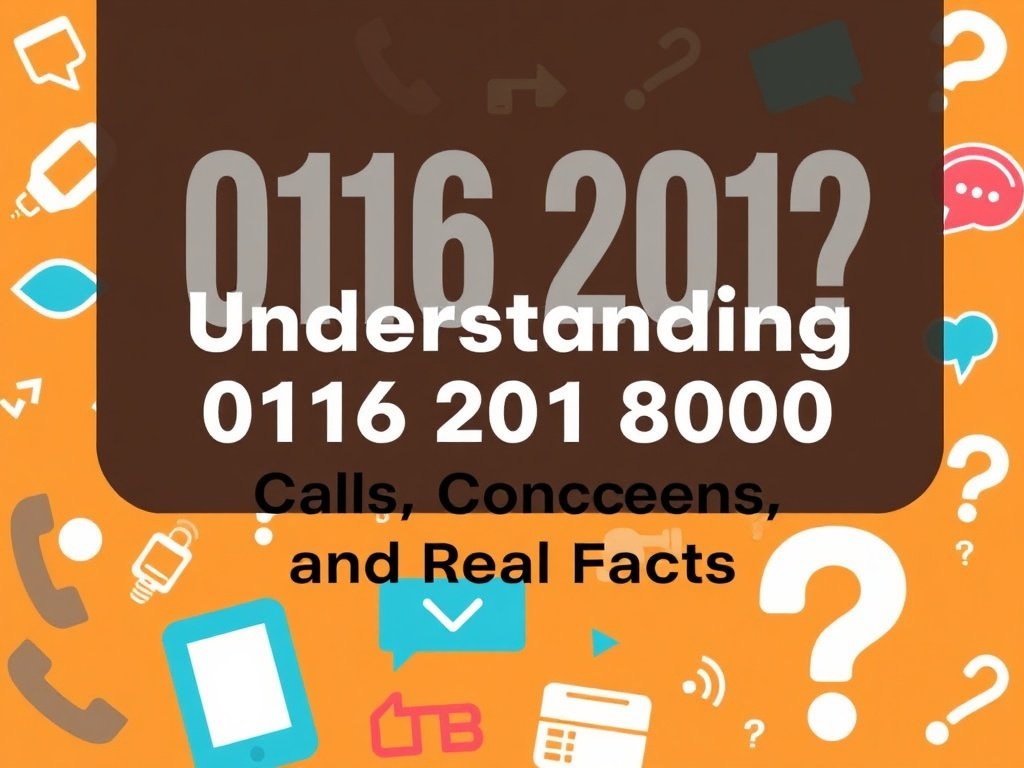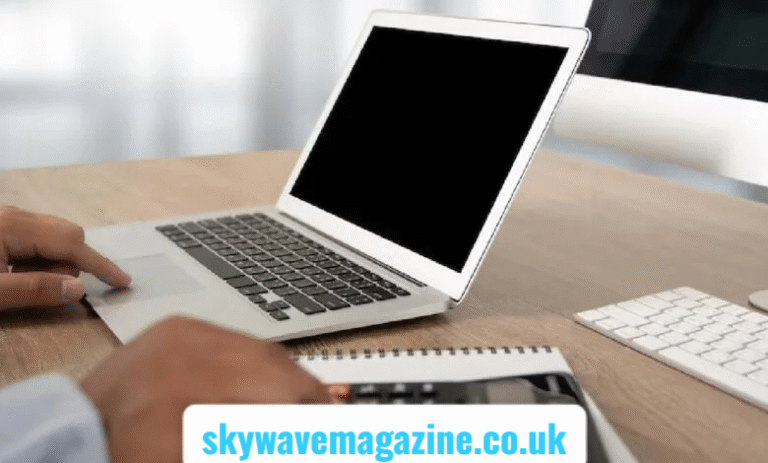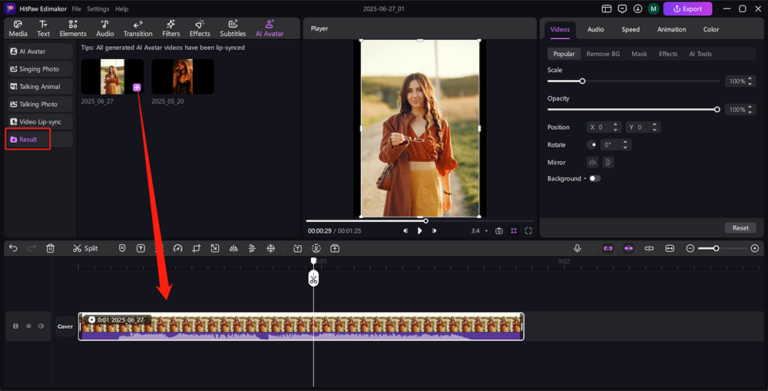
Introduction: Why 0116 201 8000 Matters Today
Every year, millions of people across the United Kingdom receive unexpected calls from numbers they do not recognise, and one that has gained significant attention recently is 0116 201 8000. At first glance, it looks like a standard Leicester-based landline, but for many people, it has sparked confusion, curiosity, and at times, concern. Some worry it could be a scam, others want to know whether it is a legitimate service, and many wonder why they are receiving multiple calls from this exact number.
Understanding such a number is not just about identifying the caller; it’s also about protecting yourself, making informed decisions, and learning how to handle similar situations in the future. In this article, we will break down the truth behind 0116 201 8000, explain why it appears frequently in public discussions, and provide actionable guidance so you can feel confident in responding if you receive such a call.
The Basics: Where Does 0116 201 8000 Come From?
The 0116 prefix is assigned to Leicester, a historic city located in the East Midlands of England. Numbers beginning with this code generally belong to local businesses, public services, or private households based in Leicester. The number 0116 201 8000, however, has been consistently reported across forums, social media platforms, and consumer protection websites.
According to multiple verified sources, this particular number is connected with HM Revenue & Customs (HMRC), one of the most well-known government departments in the UK. HMRC deals with tax collection, benefits, compliance checks, and financial enforcement. Receiving a call from 0116 201 8000 may therefore relate to tax payments, outstanding obligations, or even investigations into personal or business accounts.
That being said, the real challenge lies in distinguishing whether the call is genuinely from HMRC or from fraudsters who might be using the number through caller ID spoofing, a technique where scammers mask their true number to make it appear as if the call comes from a trusted organisation.
Why Are People Receiving Calls from 0116 201 8000?
There are several legitimate reasons you may receive a call from 0116 201 8000, and it is essential to understand these before jumping to conclusions.
- Outstanding Tax Queries: If HMRC believes you owe tax or has questions about your return, they may contact you using this number.
- Compliance Checks: Random checks are a normal part of HMRC’s operations, and a call may simply relate to verifying information.
- Business-Related Issues: Business owners often receive calls if their VAT, corporation tax, or payroll details require attention.
- Benefit Enquiries: Calls may also be linked to tax credits, child benefits, or other support managed by HMRC.
However, not every call is legitimate. Some people have reported aggressive or threatening language from callers pretending to represent HMRC. If the caller immediately demands payment or threatens legal action without prior written communication, that is usually a sign of fraud.
The Risks of Scam Calls Associated with This Number
Fraudsters have grown increasingly sophisticated in mimicking official organisations like HMRC, and the 0116 201 8000 number has been widely cited in reports of such scams. The most common risks include:
- Being pressured into making immediate payments through bank transfer or gift cards.
- Disclosure of sensitive personal information such as your National Insurance number or banking details.
- Psychological manipulation through threats of arrest, court action, or asset seizure.
The worrying aspect is that scammers rely on fear and urgency to trick people. Knowing your rights and HMRC’s official communication style can help you immediately spot these red flags.
How HMRC Officially Communicates with You
To protect yourself from fraud, it is crucial to understand how HMRC legitimately contacts individuals. While they do use phone calls, they also rely heavily on letters and official government portals. Below is a comparison of HMRC’s genuine practices versus suspicious behaviours:
| Legitimate HMRC Communication | Suspicious Behaviour (Likely Scam) |
| Contact usually follows a written letter. | Caller demands immediate payment over the phone. |
| Calls are often followed by a reference number or confirmation by post. | Caller refuses to provide verification details. |
| Language remains formal and professional. | Caller uses threatening or aggressive tone. |
| Payment methods limited to bank transfer to HMRC accounts only. | Payment requested via gift cards, vouchers, or PayPal. |
This table highlights why it is so important to verify the authenticity of a call from 0116 201 8000 before taking any action.
What To Do If You Receive a Call from 0116 201 8000
Receiving an unexpected call can be stressful, but having a clear action plan makes it easier to handle. If you get a call from 0116 201 8000, consider these steps:
- Always ask for the caller’s full name and department within HMRC.
- Request a reference number for the call and note it down.
- Politely decline to provide personal details until you can independently verify the call.
- Hang up and call HMRC directly through their official published helpline (found on GOV.UK).
By doing this, you avoid being pressured into a hasty decision while still leaving the door open for genuine communication if necessary.
Why Leicester? The Geographic Context of the Number
Some readers may wonder why a government department like HMRC would use a Leicester-based number. HMRC has offices across the UK, and Leicester has long been one of its operational hubs. It is not uncommon for large organisations to route calls through regional centres, particularly when it comes to compliance and enforcement divisions.
The presence of the 0116 201 8000 number, therefore, reflects Leicester’s role as a communication base for HMRC, rather than being an isolated or random choice.
Public Reactions and Online Reports
Online communities have played a significant role in shedding light on the experiences people have had with 0116 201 8000. Consumer reporting websites contain a mix of genuine and fraudulent call stories, often leaving people more confused than reassured.
- Some report polite and professional HMRC officers confirming legitimate tax details.
- Others describe aggressive, scam-like calls demanding immediate payment.
- A few even mention receiving multiple calls in a single day, suggesting possible automated systems or spoofing.
The conflicting nature of these reports underlines why independent verification is the only safe way forward.
Legal Protections for Call Recipients
UK law provides several safeguards against fraudulent calls, and knowing these can empower individuals. The Communications Act 2003 and the Data Protection Act 2018 regulate how organisations use telephone data. Meanwhile, reporting suspicious calls to Action Fraud, the UK’s national fraud and cybercrime reporting centre, helps authorities track and shut down criminal activity.
You are not legally required to engage with any caller from 0116 201 8000 until you are satisfied of their authenticity, and you cannot be punished for requesting written confirmation.
The Role of Caller ID Spoofing
One of the biggest challenges with numbers like 0116 201 8000 is caller ID spoofing. Criminals can use digital tools to make it appear as if a call is coming from a trusted number, even though it originates elsewhere. This explains why some people genuinely speak to HMRC via this number, while others encounter fraudulent behaviour from a caller using the same digits.
Understanding spoofing is vital because it reinforces the point that the number alone cannot confirm legitimacy—only the content of the conversation and official verification methods matter.
Technology’s Role in Fighting Scam Calls
Thankfully, telecom companies and regulators are not passive in this fight. Measures such as spam call blocking, caller verification protocols, and consumer education campaigns are helping reduce the risks. Many smartphones now automatically flag calls from numbers like 0116 201 8000 as “potential fraud,” although this is not always accurate.
Consumers are encouraged to use call-blocking apps and to report suspicious activity, creating a data-driven system that benefits everyone.
How Businesses Are Affected by 0116 201 8000
While individuals often focus on personal tax concerns, businesses face additional exposure to calls from HMRC numbers. Companies may be contacted regarding VAT returns, PAYE discrepancies, or corporation tax enforcement. Mistaking a real HMRC call for a scam could cause delays or penalties, but blindly trusting the caller could risk fraud.
Business owners, therefore, have a dual responsibility: ensuring compliance while maintaining strict verification processes. Many businesses train their finance staff to follow strict protocols when handling calls from numbers such as 0116 201 8000.
Practical Tips to Stay Safe Without Ignoring Real Calls
The fine balance lies between not ignoring genuine HMRC communication and not falling victim to scams. Here are a few actionable tips:
- Always check for prior letters or emails before engaging.
- Keep records of all conversations, including dates, names, and reference numbers.
- Never share sensitive details like PINs or passwords over the phone.
- Use official government websites for payments—never third-party links provided over the phone.
These steps help ensure you remain safe while fulfilling your legal obligations.
Conclusion: Confidence in Handling 0116 201 8000
The number 0116 201 8000 is a clear example of how modern communication can blur the line between legitimate contact and fraudulent activity. While it is associated with HMRC and can be the source of important tax-related calls, the risks of spoofing and scams mean no one should take such calls at face value. The safest approach is always to verify directly with HMRC through official channels before making payments or disclosing personal information.
Being informed, prepared, and cautious turns what could be a stressful experience into a manageable one. Ultimately, the best protection lies in knowledge and vigilance.
FAQs About 0116 201 8000
Q1: Is 0116 201 8000 always HMRC?
Not always. While it is linked to HMRC, scammers may spoof this number. Always verify before engaging.
Q2: What should I do if I suspect the call is a scam?
Hang up immediately, avoid sharing personal details, and contact HMRC directly using the official GOV.UK helplines.
Q3: Can I block the number without missing important calls?
Yes, but it is better to screen the call first. If you block it, ensure you have alternative ways of receiving official HMRC communication, such as post or your online account.





